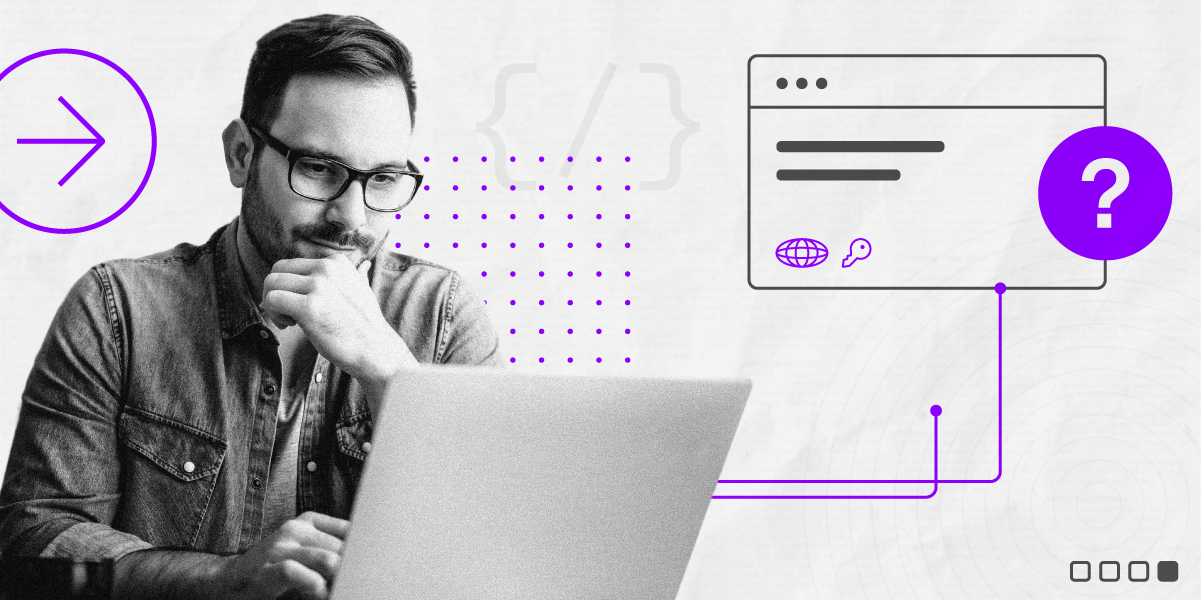Filmmakers, activists, and journalists meet at BitTorrent HQ to discuss the state of human rights online.
In December, we hosted a screening for the upcoming documentary Killswitch, a new film that follows the web’s open origins, and its uncertain future. At the core of the project, three years in the making, are a series of questions about activism. Where does social change come from? Will it come from institutions? Or will it come from us? What can we do to protect our rights online?
Before the screening, we sat down with Killswitch’s Ali Akbarzadeh, TechDirt’s Mike Masnick, EFF’s Rainey Reitman, Engine’s Evan Engstrom, and our CEO, Eric Klinker, to discuss the state of the Open Internet, and how citizens can shape the debate around privacy and neutrality. On the cusp of the FCC’s vote on Net Neutrality, following what is arguably the “longest, most sustained campaign of Internet activism in history”, words on what it takes to keep the Internet free and open. Listen to the full podcast here.
SOPA, PIPA, and the power of (h)activism.
Ali Akbarzadeh: SOPA/PIPA was a remarkable example of people coming together. It was supposed to pass. It didn’t. People came out of the woodwork. The Internet rose up. It made it seem like we could change the world.
Rainey Reitman: I was very involved with SOPA. Historically, Internet activists have had a cold relationship with Congress. But in the days after SOPA, it was amazing to see how close policymakers got to us. “Are you going to SOPA this bill?” became a real question. Suddenly, Washington realized that the Internet was a force; that we were capable and organized. It was a game changer for policy. We’re still reaping the benefits of that. It became a sea change moment.
Evan Engstrom: And this — the Net Neutrality movement — has been just as energizing. What we’re talking about is a really technical issue; it’s complex, and it’s more than just policy. And you have millions speaking out. That speaks to the vibrancy of Internet activism.
Change starts with you.
Akbarzadeh: I’ve lived in a world with Internet, and without Internet. I’ve seen the potential; the power of the Internet in the hands of people. We all have a role in the Internet’s future. And when you can activate people who are serious about the Internet, real change can happen. I’m passionate about that.
Underlying our film is a question about power: who has the killswitch? Is it the companies who can shut down the Internet? Or is the people, who can shut down these institutions? We must act. If you don’t want this to happen, you must act. People need to take the momentum we’ve gained, and continue to apply it to frame the world in our terms.
“We’ve always had advocacy campaigns. Sign a petition. Pick up a phone. (SOPA was a phone call campaign!) Email your representative. Donate money or time to organizations that are working to make the Internet a better place. No one else will do it for you. You have to do it. You have to think of yourself as truly influential. Because as we’ve seen: you are.”
Reitman: Companies seem non-responsive to pushing users to demand rights or features, even if their users are speaking out. But one thing that does resonate is media stories. Get blog posts, get reports in the hands of journalists. Then, it goes to the broader media sphere. That’s why I was so excited about Snowden’s work with Glen and Laura, because he turned rights violation into blockbuster stories. That changed the conversation.
Change comes with education.
Reitman: How come we don’t understand what laws the NSA is using? That’s hugely problematic. We should all know what the law says, what the NSA thinks they’re allowed to do. We need to know this before we even go in to try to reform it. And that was the problem with the NSA. All that was obscured.
Engstrom: It’s shocking how many times you meet with congress, and they don’t understand the policy issues. The Internet needs to explain these issues: to educate people and policymakers on what’s going on, and what’s at stake.
Akbarzadeh: We need to reframe the way we think about the Internet. Think about the way we’ve shifted our language and thinking when it comes to the environment. The Internet is our environment. This is fundamentally, and profoundly, a sustainability issue. We need to get people to understand why Internet freedom is important; to develop this consciousness.
Change comes from around the water cooler.
Reitman: We need to place pressure on these issues from inside our own workplaces. When it came to NSA privacy violations, it came from the engineers. They had your back. We do privacy index. And we’ve had multiple calls with all the tech companies. It’s like: “I’m sick and tired of my engineers giving me a hard time because I don’t have all the stars.” We need this kind of internal press.
“When the decision-makers inside a company decide to make privacy the norm, there’s a ripple effect. That allows us all to slowly raise the bar.”
Engstrom: Corporations are realizing that they have a role, that they need to be part of this. What’s great is that you see big companies speaking out. You’ve also got small companies, who have eight people, and they’re still flying to DC to have their voices heard.
Change can be engineered.
Eric Klinker: We need to make secure and private solutions not just more accessible, but qualitatively better. As companies, we don’t need to rely on the cloud. We should also build products that value privacy-oriented users.
Reitman: Tech companies are accountable. They had the ability to encrypt before the NSA got in there. Tech companies can make it difficult for these types of agencies to get in there. We need massive public pressure on these companies.
“Right now, you’re starting to see consumers losing confidence in the security of tech services. And it’s driving people to develop new systems and protocols. If we, as consumers, make it clear that things like security and privacy are needs, innovation will fill this void.”
Klinker: We need to make secure and private solutions not just more accessible, but qualitatively better. As companies, we don’t need to rely on the cloud. We should also build products that value privacy-oriented users.
The fight for Net Neutrality is only the beginning.
Reitman: The biggest existential threat to the Internet as we know it is having an app-only experience of the web. The idea that everything you have on the phone is an app. I think that’s nerve-wracking from a censorship perspective.
Engstrom: We also need to pay attention to the mass conglomeration of Internet access; like one company controlling 50% of all Internet access, as it is in the US. We’re so far behind our peer nations on this.
Reitman: We need to reform privacy policies for people outside the US, so that their rights are respected. The Supreme Court is interested in protections for the US, only. We’re in a difficult position when it comes to protecting people outside the US who are impacted by the NSA’s surveillance.
Akbarzadeh: You don’t have to be a policymaker to get involved. You have a platform in the open Internet. You can organize people who have the same mindset to keep fighting. I’m not going to let the open Internet be waited out.
Today, Killswitch will be screened in Washington, D.C., in conversation with Lawrence Lessig.



